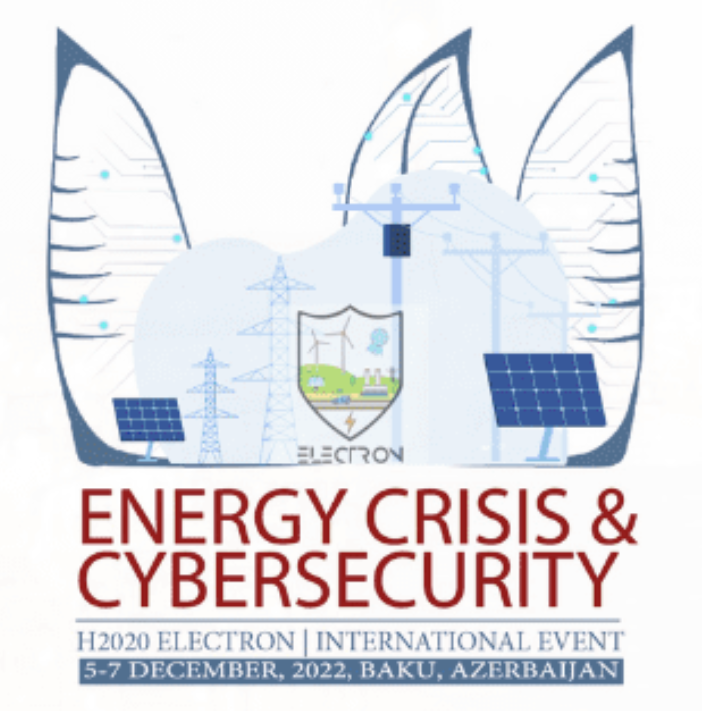
Looking ahead, UBITECH invests to research and technology transfer to the critical infrastructures’ domain and applications, focusing particularly on addressing future security challenges in the Smart Grid, as it is a de facto critical infrastructure, important for the well-functioning of the society and economy. Smart grids have become complex System of Systems (SoS), engaging several stakeholders in the energy supply chain being responsible for energy Generation, Transmission, Distribution, and Consumption. In this frame the threat landscape of the Smart Grids in constantly expanding and in order to safeguard the today’s systems and infrastructures we need to go beyond the simplistic consideration of the traditional security properties of Confidentiality, Integrity and Availability. UBITECH strongly believes that the road towards sustainable security in Smart Grids, passes through Trust Management and Operational Assurance. Dr Dimitris Papamartzivanos, member of the Digital Security & Trusted Computing Research Group of UBITECH, presented in the International Hybrid Event on Energy Crisis and Cybersecurity that held in Baku, Azerbaijan and organized by ELECTRON H2020 project (https://electron-project.eu/electron-international-event-baku/), UBITECH’s vision towards Sustainable Security in Smart Grids.
Remote attestation is a powerful weapon in the defender’s arsenal in order to ensure the operational assurance of complex SoS. However, there are still constraints and limitations in the existing attestation schemes that need to be addressed in order to make attestation and off-the-self defence for resource constraint devices. In this direction, Dr Papamartzivanos presented the perfect fit of the REWIRE Research & Innovation Action (No. 101070627) objective to offer a harmonized toolchain to achieve efficient protection and trust management in CPS deployments, based on the following innovative pillars:
– Assurance-by-design through Formally Verifiable hardware security byidentifying the minimal customized instruction set that processing units need to realize in order to perform only approved mission critical micro-operations.
– Formal verification for provably secure cryptographic schemes and communication protocols offering provable security even against side-channel attacks and for safeguarding network communications.
– Validation of Firmware (FW) & Software (SW) security updates and patches using both static and dynamic code analysis.
– Runtime attestation for verification of IoT devices’ operational assurance using customizable lightweight TEEs based on RISC-V design.
The abovementioned design principles and practices will lead to the development of “thin” systems and applications with minimal attack surface, enabling attestation to focus on verifying the correct behaviour of a device within defined trust boundaries, and thus, increasing the scalability of runtime attestation by multiple orders. By the end of REWIRE project, UBITECH aspires to make remote attestation an off-the-shelf defence for resource constraint devices for security and safety-critical domains.



